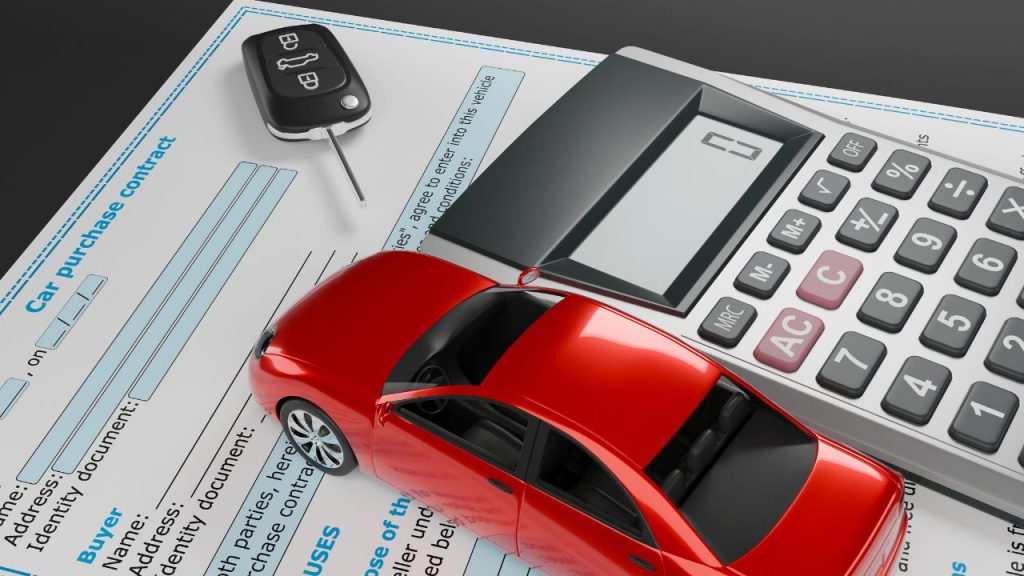
Ciaran is an automotive enthusiast with a Bachelor of Arts Honours degree in Creative Digital Media from MTU in Ireland and over three years of experience in digital marketing. His unique background combines a love for storytelling with a strong grasp of engaging content creation, making complex car topics relatable and easy to understand. Through years of managing this blog, Ciaran has expanded his automotive knowledge while helping everyday drivers gain new insights.
Passionate about demystifying the driving world, Ciaran focuses on simplifying car trends, tech updates, and practical driving tips. He believes that everyone should feel confident and informed behind the wheel, offering content that empowers readers to make smart, well-informed decisions.




